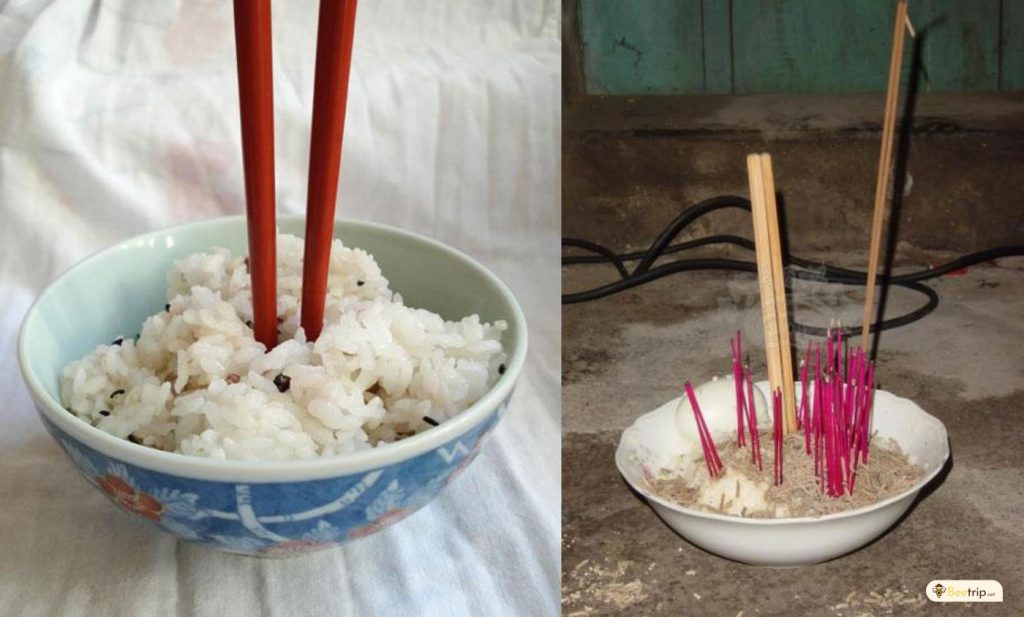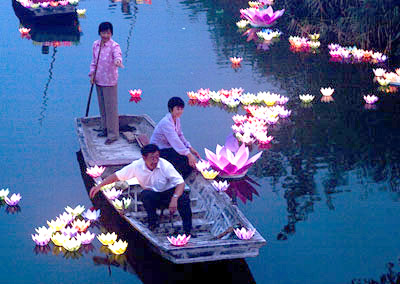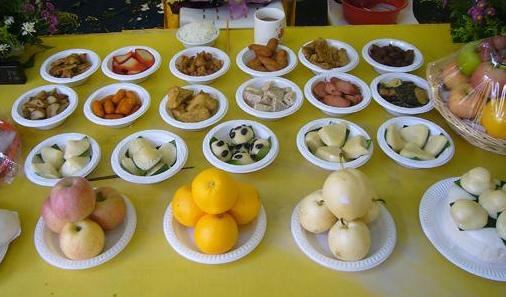For the past couple years, car companies give big discounts or special promos during the month of August. Should you buy? Not if you believe in the Chinese ghost month.
In Chinese culture, the 15th day of the seventh month in the lunar calendar is called Ghost Day or Hungry Ghost Festival (七月半 in Hokkien) and the seventh month, in general, is regarded as the Ghost Month (鬼月).
This month usually falls on the eighth month of the Gregorian calendar. This year, 2021, Ghost Month begins on Aug. 8 and ends on Sept. 6. The 15th day of the seventh month falls on Aug. 22.
The Hungry Ghost Festival was celebrated by some on the 14th day to avoid being attacked by enemies on this inauspicious day during the period of long warfare.
According to Chinese tradition, it is considered bad luck to engage in any major endeavors during this month.
These are some of the things which should be avoided:
- getting married
- buying or moving in to a new house
- opening a new business
- buying a new car
- renovating a house or workplace
- surgery
- visiting the sick in a hospital
- attending a wake or funeral
- traveling
- hanging clothes outside during the night.It is believed that the wandering ghosts may wear them and that brings bad luck to the owner of the clothes.
- swimming so as to avoid being drowned by the ghosts who previously drowned there
- camping outdoors during the night
- whistling on the quiet street at night for fear of wandering ghosts answering back
- inserting chopsticks into the rice in a bowl which resembles joss sticks offerings
- peeing on a tree to avoid disturbing and angering the tree spirit
- looking over your shoulder. The Chinese believe that there are two torches of fire on your shoulders. Turning your head over your shoulders will put out these torches, causing an imbalance of yin and yang energy, making you more vulnerable. If needed, turn your whole body when someone calls you from the back.

- sitting on the front row of a Chinese opera performance. The front row is said to be reserved for the spirits.
- picking up coins or money found on the street. The money may be offerings of people to the guardians of the underworld and getting their money will definitely anger them.
- stepping on or kicking the offerings by the roadside. If one were to step on any offerings by accident, he or she should apologize aloud to ameliorate the situation.
- wearing black this month, since in China, black is an inauspicious color.
- If someone’s birthday falls on this month, it is better to celebrate his/her birthday during day time and not at night.
- walking near the walls or leaning on the walls; ghosts like to walk near the walls because walls are considerably cooler.
- leaving an umbrella open inside or outside the house because the ghosts may take shelter under it.
- taking pictures at night even selfies as ghosts may appear in the photos
- hanging wind chimes on the head of your bed as wind chimes can attract wandering ghosts
- facing the head of your slippers towards your bed when you sleep as this lets the ghosts know where the living are and they may climb in bed to sleep
Buddhists from China claim that the Ghost Festival originated from the canonical scriptures of Buddhism, but many of the visible aspects of the ceremonies actually originated from Chinese local folk traditions.
Some Asian countries like India, Vietnam, Cambodia and Japan share similar beliefs about the seventh lunar month.

According to Taoism, Shang Yuan (first period of the year) Festival is on the 15th day of the first lunar month, which is the Lantern Festival. Zhong Yuan (middle period of the year) Festival is on the 15th day of the seventh lunar month. Xia Yuan (last period of the year) Festival is on the 15th day of the 10th lunar month.
The gates of hell are opened on the first day of the seventh lunar month, and hungry ghosts are released to find food or to take revenge on those who have behaved badly according to Taoist record.
The ghosts are free to roam among the living but must return to hell on the last day of the seventh lunar month.
The major event of this festival is on the 15th of the month. Both the Taoists and Buddhists perform rituals to transmute and absolve the sufferings of the dead.
Families put ancestral tablets or photographs of the deceased relatives on a table, burn incense, offer foods and burn spirit money. This ceremony is usually held at dusk. The hungry ghosts who don’t have anywhere to eat may wander to any household and partake of the food offered there.
People believe that well-fed ghosts will not harm or curse them.
Another tradition is lighting a miniature lotus-shaped lantern and releasing it on a lake or river on the night of the 15th or on the last night of ghost month to direct the ghosts back to the underworld. When the light goes out, it symbolizes that they have found their way back.
Whether the traditions and taboos are true or not, many Chinese around the world still practice them. It’s better to be safe than sorry. — Original version published in Tulay Fortnightly, Chinese-Filipino Digest 28, no. 5 (August 4-17, 2015): 10.
